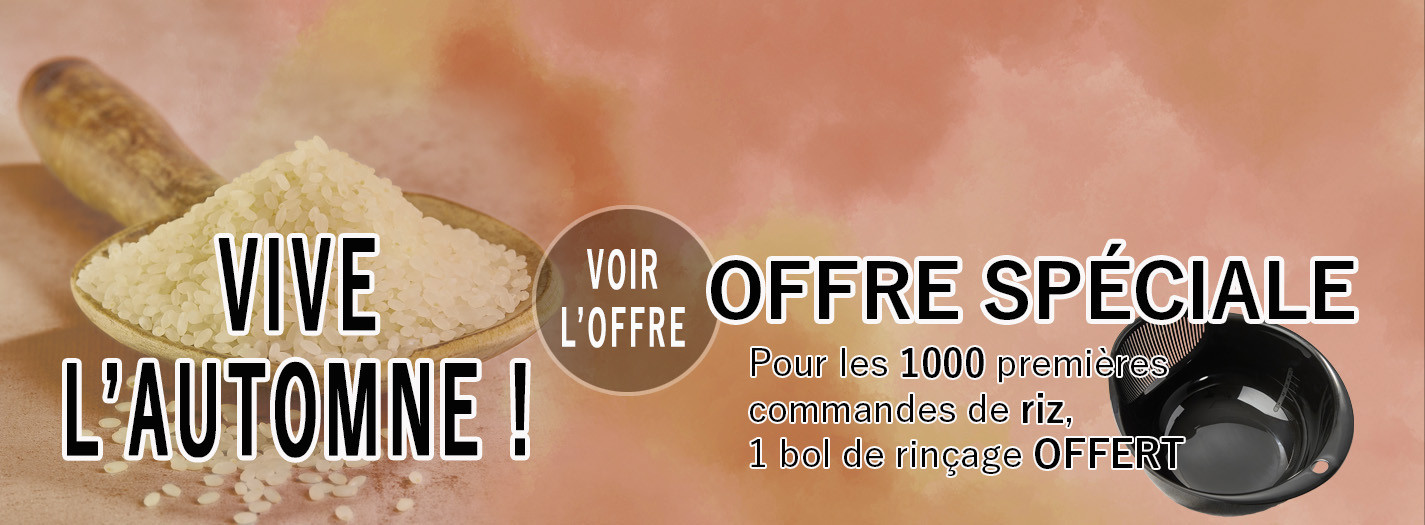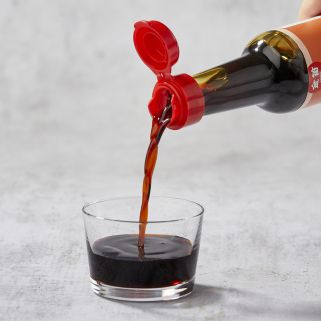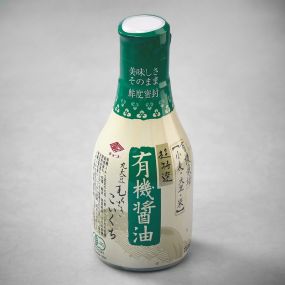Koji and Setouchi lemon sauce is a unique creation, the result of expertise passed down through six generations. The ingredients used are handmade koji made using the koji lid method from domestic rice and numerous lemons from the Setouchi region.
The seasoning is natural, with no food additives, colorings, preservatives, or chemical thickeners. The product is handmade using traditional methods. Instead of using lemon chips, oil, or zest, the artisan uses whole lemons.
There is no other koji-based vinaigrette that combines fresh ingredients in this way. This product is made from delicious sun-ripened fruit combined with handmade koji made from Japanese rice using the traditional tray-based koji method.
Sweetness of koji creates a unique taste. Just one bite is enough to fill your mouth with the flavor of Setouchi lemons and the sweetness of koji. Its sweet and mellow aroma will transform your everyday dishes into something a little different and refreshing. This sauce can be used on everyday salads and raw vegetables, with fried chicken or fries, on carpaccios or tartares, or even on raw fish tataki.
Koji used by our artisan Kono Vinegar has been highly regarded since the company was founded in 1888. Koji is an essential ingredient produced by inoculating steamed grains, such as rice, barley, soybeans, or beans, with koji mold spores. Koji mold is then carefully cultivated under optimal temperature conditions to facilitate its proliferation.
Koji is a type of mold that develops from “kojikin” (a fungus known as Aspergillus Oryzae) and is mainly used to break down starch into sugar. Koji contains saccharification enzymes such as alpha-amylase and glucoamylase, which can break down the starch in rice into sugar, and proteins into amino acids through other enzymes such as acid proteases and peptidases such as acid carboxypeptidase.
Amino acids can be a source of umami and richness, but in excessive amounts, they can impair the taste. This is why toji (master brewers) and kurabito (brewery workers) spend years perfecting their skills to find the right balance between these enzymes to create good koji.
Koji is often referred to as an “enzyme treasure” because of the abundance and diversity of enzymes it contains, which play an essential role in breaking down the components of grains during fermentation. Growth of koji mold gives koji itself a multitude of beneficial nutrients: sugars, amino acids, vitamins, and minerals, making it a highly nutritious food. Koji is used as a base for the production of many traditional Japanese fermented foods and beverages, such as sake, shochu, mirin, miso, soy sauce, vinegar, and more.
Kono Vinegar has been cultivating its own koji since 1888, which is renowned for its rich, mellow flavor and melt-in-the-mouth texture that leaves a refreshing sensation on the palate. Here, the oldest microorganisms date back to the late 19th century and the most recent ones to 1952.













































